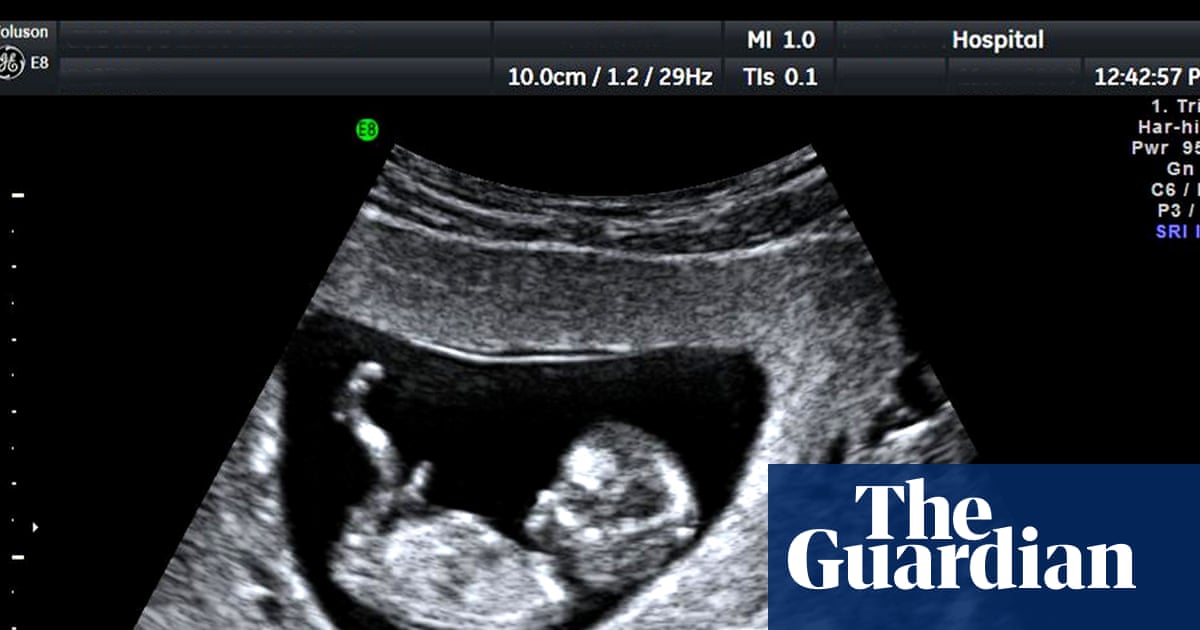‘Humbug”, and “a half-baked scheme to be administered by an unknown court”. Nigel Farage or Robert Jenrick attacking the European convention on human rights (ECHR)? No – Herbert Morrison, leader of the Commons, and William Jowitt, lord chancellor in Clement Attlee’s postwar Labour government, respectively, both arguing that Britain should not accede to the convention.
Labour was suspicious, fearing that it would prevent nationalisation. It did not. Today, Conservatives and Reform UK fear that it will frustrate immigration control. It need not.
Denmark and Sweden have recently taken draconian measures to restrict immigration without falling foul of the ECHR. The Danish Social Democrats have reduced asylum claims to their lowest level for 40 years. In Sweden, a government of the right has seen a 23% fall in asylum applications between 2023 and 2024.
Admittedly, the ECHR as well as the UN’s 1951 refugee convention protect the rights of asylum seekers against deportation to countries where they might face ill-treatment. It would be inhumane to do otherwise. Would anyone wish to deport women to Afghanistan or dissidents to Iran?
Judicial interpretation of article 8 of the ECHR that requires respect for family life has made it difficult to repatriate criminals and illegal immigrants. But the government can tighten the immigration rules, providing principles intended to guide judicial interpretation, in particular that the public interest of immigration control overrides the private interest of an article 8 claimant, except in very exceptional circumstances. If European judges resist such guidance, that would incentivise EU leaders to press for ECHR reform. Nine, including Denmark’s Mette Frederiksen, Italy’s Giorgia Meloni and Poland’s Donald Tusk, are already doing so.
In any case, the government, as former Labour home secretary David Blunkett has indicated, can derogate – that is suspend – article 8, while the refugee convention probably allows a temporary implied derogation when a country faces a mass influx.
The British government accepts that the ECHR, enacted well before the age of mass transit, needs reform. But it would be a grave mistake to leave the ECHR. It is rare, if not unprecedented, for a democracy to exit a major human rights regime. It would be particularly dangerous for Britain. For we have moved, since Brexit, from a system governed by a constitution – the EU treaties – to an unprotected one with no real checks to prevent a government from doing whatever it likes: a system characterised 50 years ago by Lord Hailsham, future Conservative lord chancellor, as elective dictatorship.
Some might object that our immemorial rights were perfectly well protected by parliament and the common law long before the ECHR. Perhaps in normal times; but not during a moral panic such as may exist today when the debate on immigration and asylum is in danger of succumbing to what Timothy Garton Ash has called “inflammatory rhetoric”.
During a previous moral panic at the time of the 1974 IRA bombing campaign, Leslie Scarman, a prominent law lord, wrote, “When times are normal and fear is not stalking the land, English law sturdily protects the freedom of the individual ... But when times are abnormally alive with fear and prejudice, the common law cannot resist the will, however frightened and prejudiced it may be, of parliament.”
In 1968, Harold Wilson’s Labour government feared an influx of Kenyan Asians escaping Kenya’s Africanisation policy. Its Commonwealth Immigrants Act imposed retrospective immigration controls on “non-belonging” people with British passports. The bill, supported by opposition Conservatives, passed its various parliamentary stages in just seven days. In 1973, the European court of human rights found that this legislation had subjected Asian people in east Africa to “racial discrimination” amounting to “degrading treatment”. In 2002, as Labour home secretary, Blunkett ended a “historic wrong” by giving British citizenship to the 35,000 Asian people rendered stateless by the act.
There is an even more significant example from Northern Ireland. Under unionist rule from 1921 to 1972, there was what the Cameron commission in 1969 characterised as unfair allocation of council housing, discrimination in local government appointments and gerrymandering of local authority boundaries. Catholic grievances erupted in the 1968 civil rights movement. The Catholic plurality in the province, therefore, feels a symbolic attachment to the ECHR. To leave would arouse Catholic resentment and severely strain the Good Friday agreement.
after newsletter promotion
When the ECHR, spearheaded by Winston Churchill, was enacted, it was primarily to prevent any resurgence of fascism or national socialism. Today, however, a main concern of the 1998 Human Rights Act, which gave effect in Britain to ECHR rights, is with the rights of minorities too small to be able to use the democratic machinery of party politics and pressure groups effectively. The act has become unpopular because some prominent cases brought under it have involved the rights of unpopular minorities such as asylum seekers, prisoners and suspected terrorists, rather than nice people such as ourselves. However, being nice is not a necessary qualification for enjoying human rights, and even nice people such as ourselves may on some future occasion need the protection of the act.
Britain is one of just three democracies without a codified constitution, the other two being New Zealand and Israel. So we are peculiarly susceptible to illiberal legislation. Leaving the ECHR would make our rights almost entirely the responsibility of our sovereign parliament. Are MPs and ministers really so much more sensitive to the protection of human rights than the legislators of democracies protected by constitutions that they can be safely entrusted with this important responsibility?
-
Vernon Bogdanor is a professor of government at King’s College London. His books include The New British Constitution and Beyond Brexit: Towards a British Constitution

.png) 1 month ago
37
1 month ago
37

















































